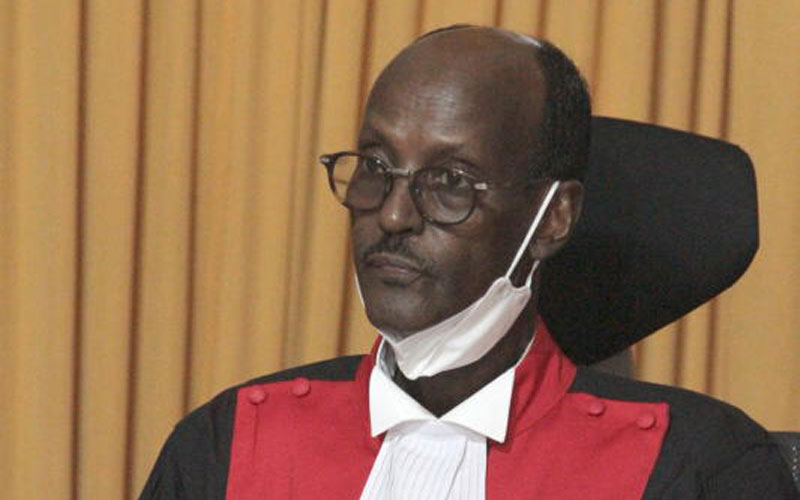×
The Standard e-Paper
Stay Informed, Even Offline

Supreme Court judge Mohamed Ibrahim said the basic structure doctrine applies in Kenya, in a dissenting ruling delivered yesterday.
Justice Mohamed said the country has over time grappled with amendable and non-amendable clauses of the Constitution for years. He said the courts have recognised the principle of basic structure by finding that Parliament has no powers to amend the Constitution.